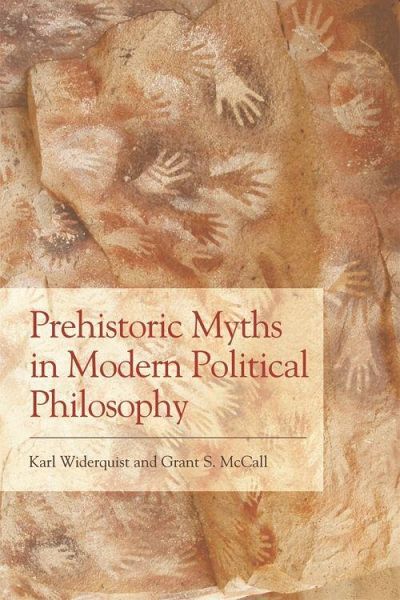
Prehistoric Myths in Modern Political Philosophy
Challenging Stone Age Stories
Versandkostenfrei!
Versandfertig in 2-4 Wochen
38,99 €
inkl. MwSt.
Weitere Ausgaben:

PAYBACK Punkte
19 °P sammeln!
The state of nature, the origin of property, the origin of government, the primordial nature of inequality and war â why do political philosophers talk so much about the Stone Age? Widerquist and McCall draw on archaeology and anthropology to show that much of what we think we know about human origins comes from philosophersâ imaginations.













